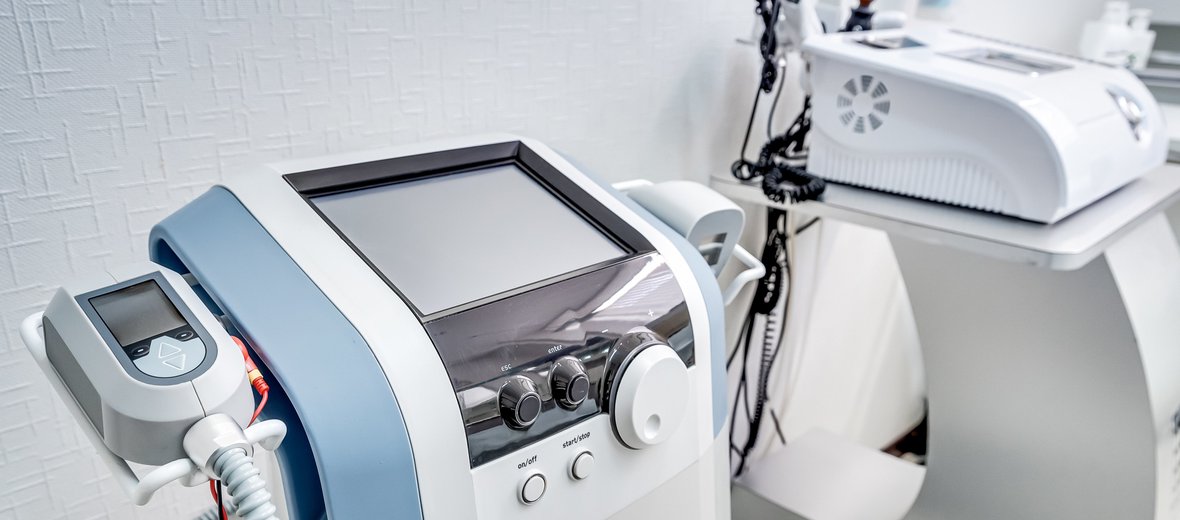The most widely prescribed equipment for treating sleep apnea disorders is a continuous positive airway pressure CPAP machine. Obstructive sleep apnea (OSA) causes breathing disruptions or pauses, which occur when your throat or airways collapse or become momentarily blocked. As you sleep, a sleep apnea machine delivers a continuous stream of oxygen to your nose and mouth. This helps you breathe normally by keeping your airways open.
Let's examine at how CPAP machine works?
The benefits and drawbacks of using one, and other sleep apnea treatment choices.
As the amount of oxygen in your blood decreases, sleep apnea and other sleep disorders can put a strain on your heart. Adrenaline, also known as the stress hormone epinephrine, is released into the bloodstream as a result of heavy breathing as your body tries to wake up and restore airways. Adrenaline levels can stay high for lengthy periods of time, which can lead to high blood pressure, heart disease, and irregular heartbeats. Increased carbon dioxide levels, which add pressure to the chest and exacerbate inflammation, may also result from a lack of oxygen. Because the heart needs to work harder to pump less-oxygenated blood, these physical changes might cause the heart walls to thicken.
Excessive daytime weariness is one of the most common sleep apnea symptoms. People complain that they can't keep their eyes open day after day because they aren't getting enough sleep. When your airways are blocked by sleep apnea, your body has to work harder to restore airflow, interrupting your sleep patterns. Your body can't receive enough restorative rest for mental and physical repair when your circadian rhythm, or sleep cycles, are disrupted, so you wake up exhausted, achy, and possibly moody. Some patients experience a rise in energy levels right away after starting CPAP Masks therapy, while others notice a difference in just a few weeks.
Hypoxia, or oxygen deprivation, directly affects glucose metabolism by increasing glucose tolerance and inflammation, which is why sleep apnea is connected to the development and aggravation of type 2 diabetes. As adiponectin, or the glucose synthesizing hormone, becomes deregulated, obstructive sleep apnea (OSA) is connected to lower glucose sensitivity and glucose effectiveness. However, studies have shown that using CPAP improves glucose homeostasis by lowering glucose resistance and improving metabolic regulation. Recent studies have also showed that people who receive sleep apnea therapy have an easier time managing type 2 diabetes.
Winding-up:
If you're wanting to lose a few pounds, your CPAP masks may be able to help. Sleep deprivation not only demotivates you by making you feel too exhausted to exercise, but it also raises your appetites for sweet foods and disturbs your hormones. Because sleep apnea reduces levels of leptin, the hormone that tells you when you're full, it can lead to overeating. It also raises ghrelin levels, the hormone that tells you when you're hungry. However, when your body gets more balanced, you may find that you have more energy and willpower to be more active, cook healthier meals, and avoid sugary foods.
